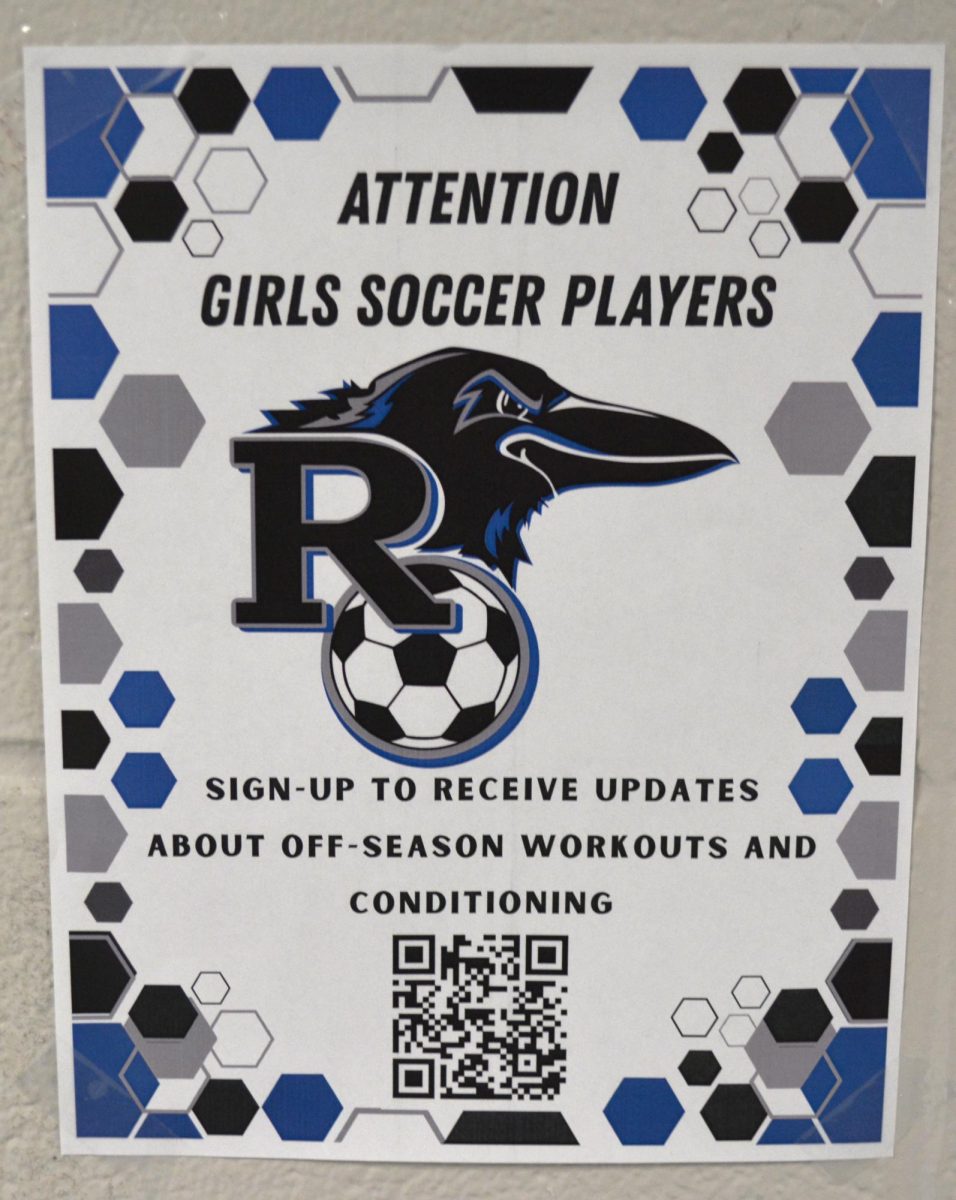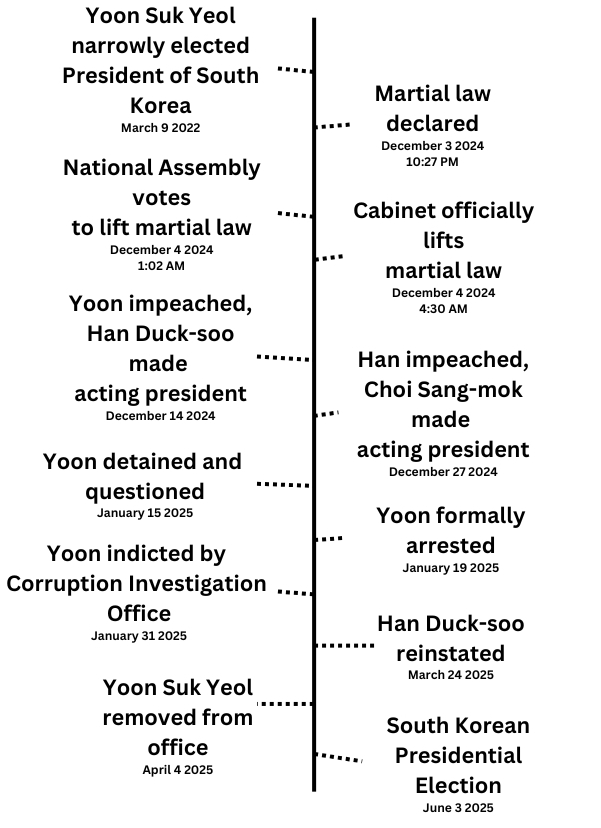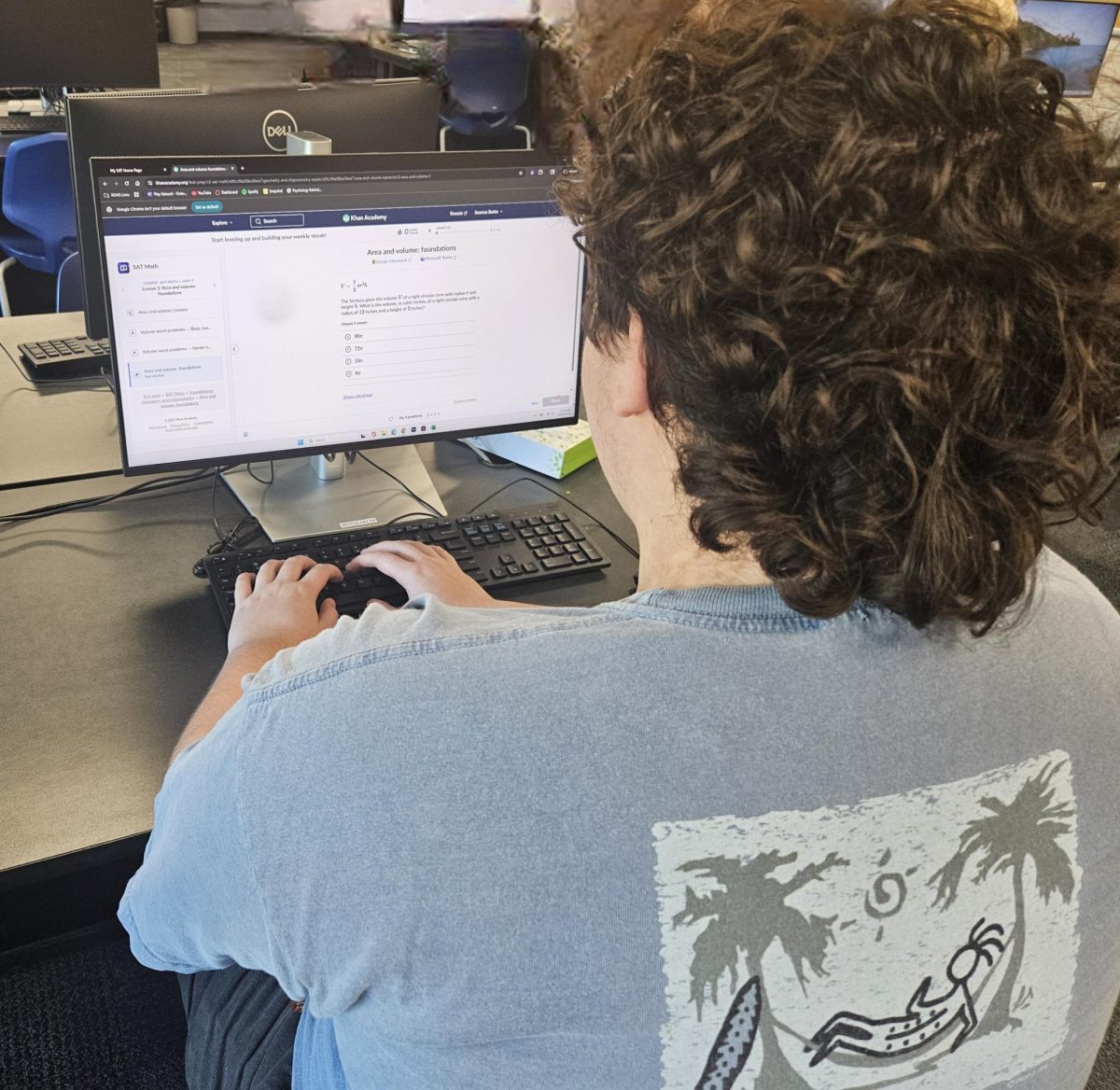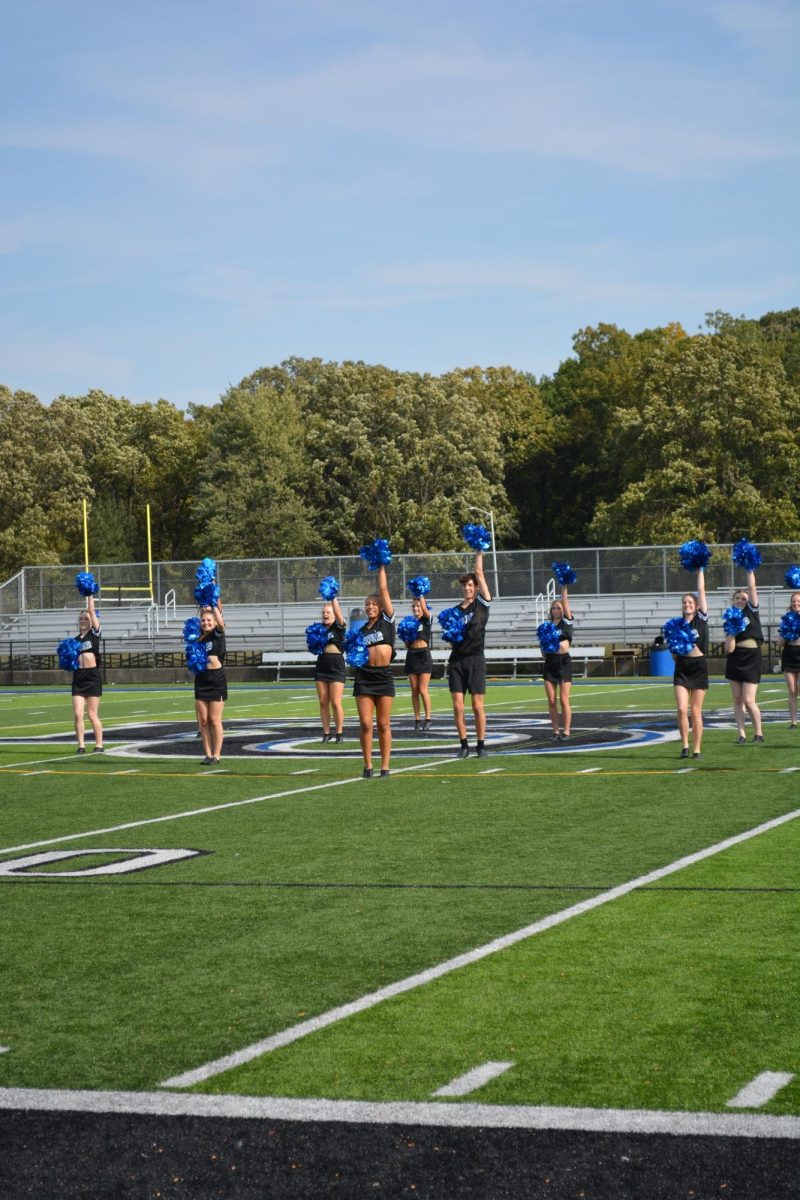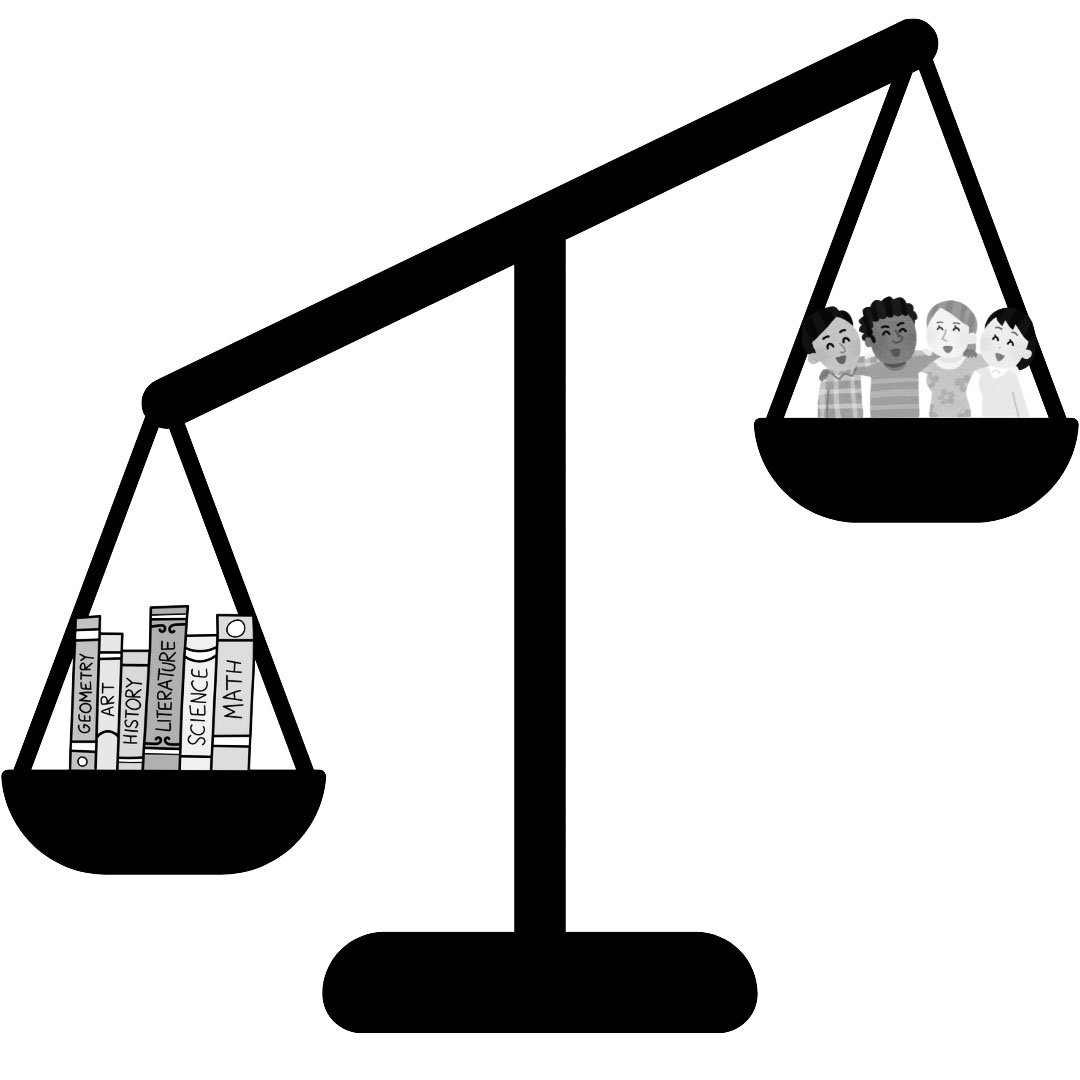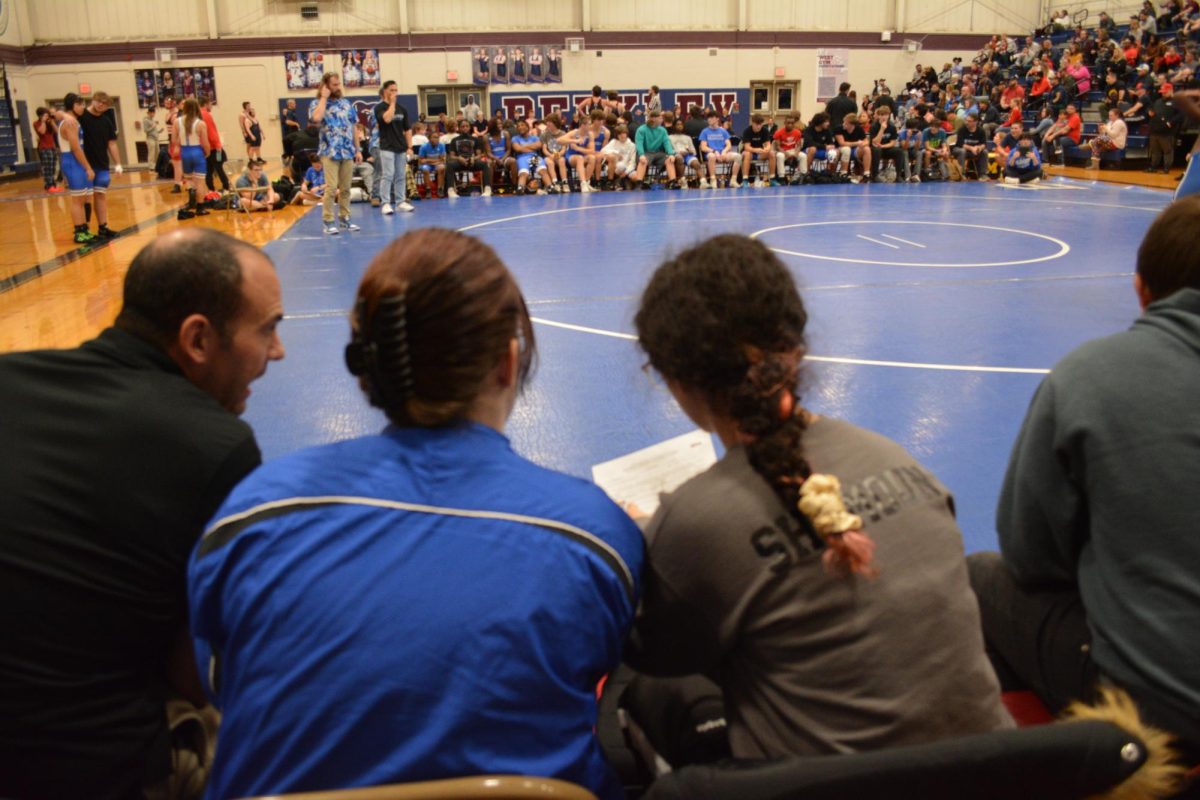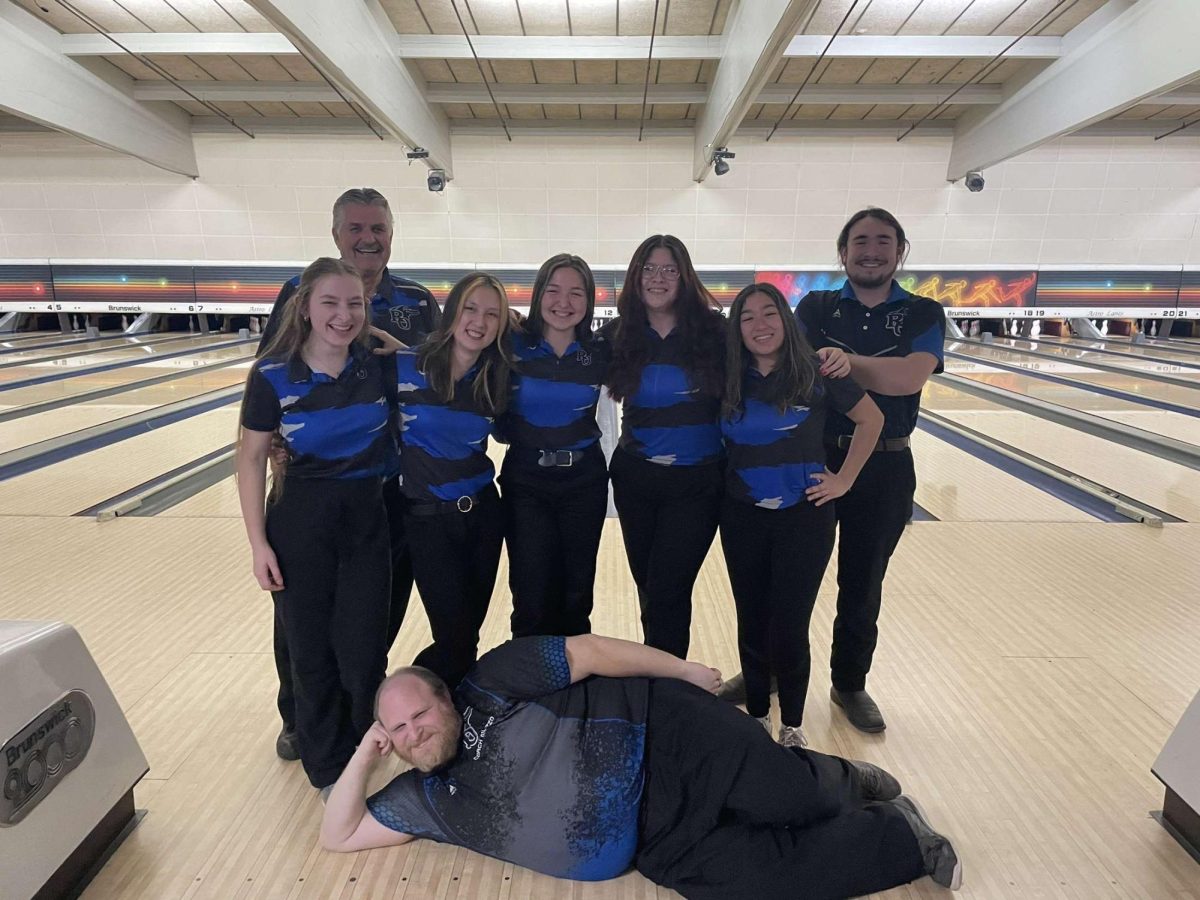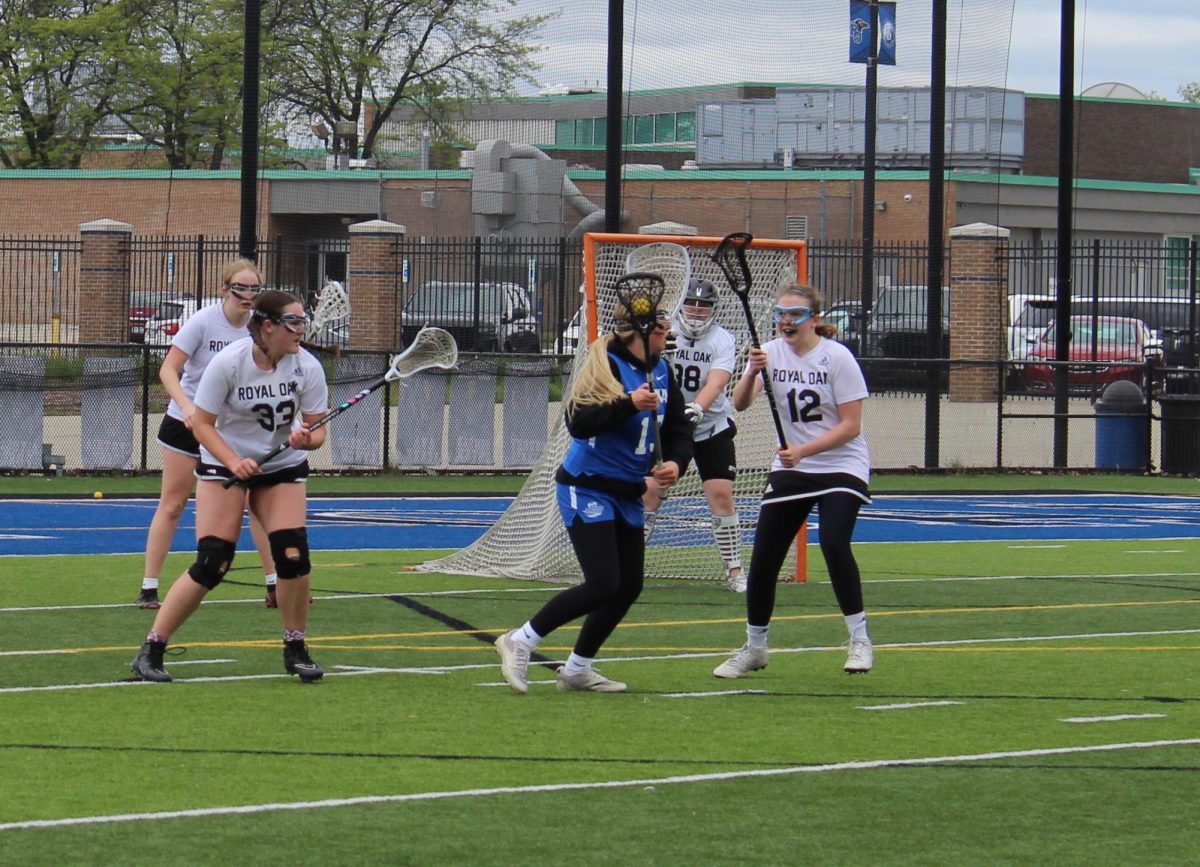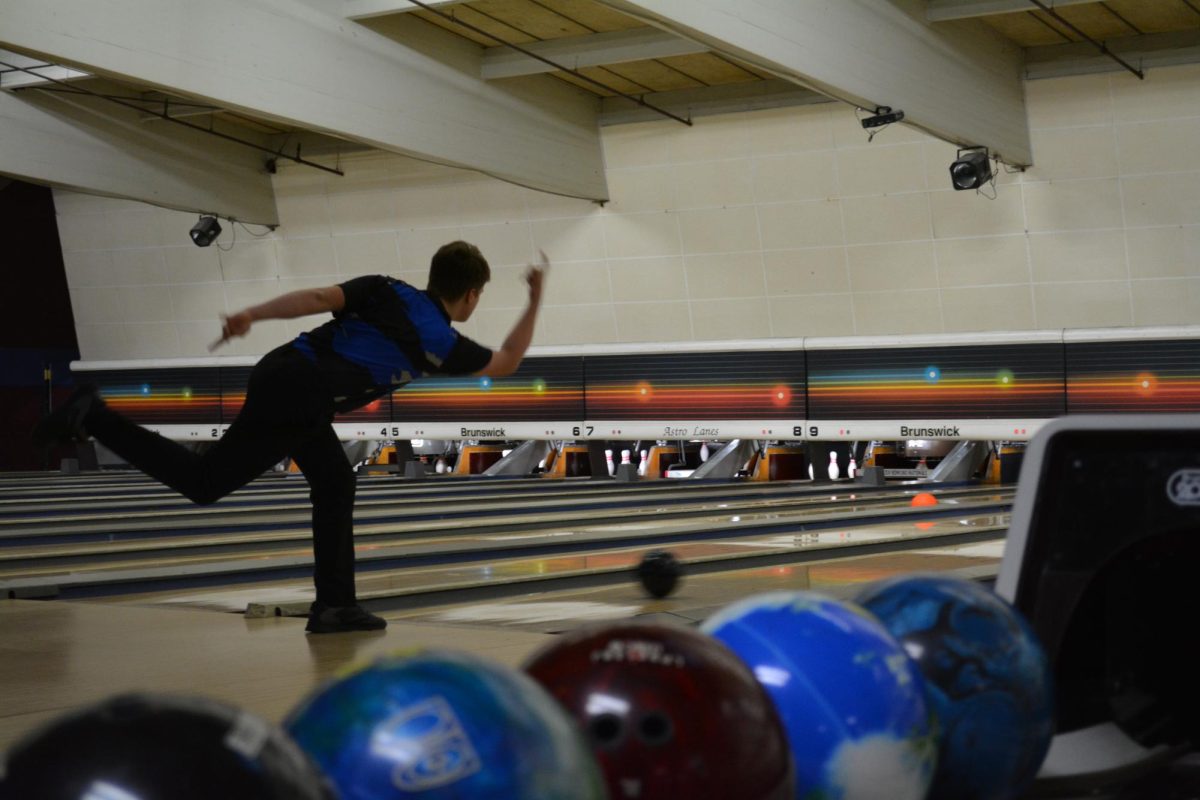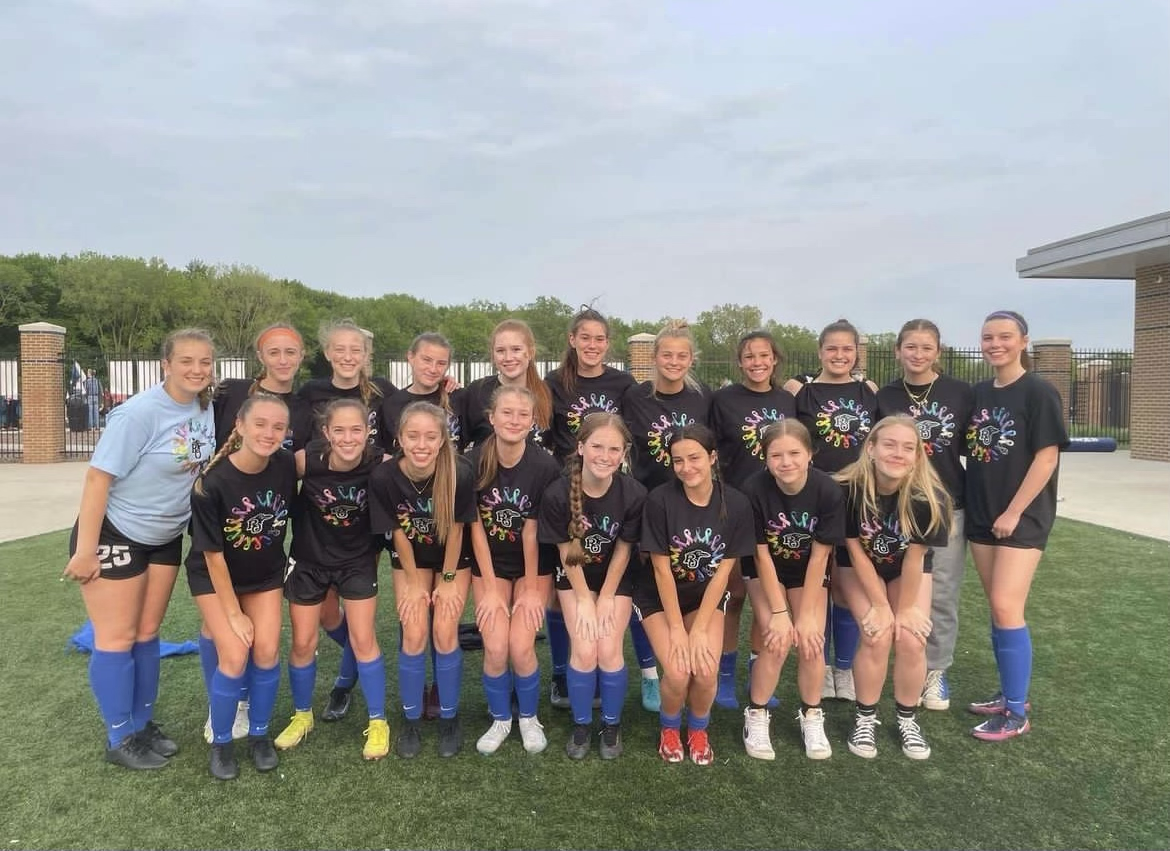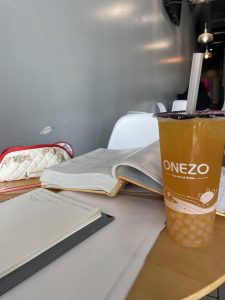 As the new school year starts, students are refreshed, excited, and motivated to succeed academically. Whether you’re in middle school, high school, or college, studying is a skill students struggle to find effective methods for. With so many ways to do so, it can be hard to find a way that works for you. A vital step to studying is time management, specifically building habits. Habits can be very helpful for achieving academic success, especially if you are a student that has extracurriculars, sports, as well as other things going on outside of your classes.
As the new school year starts, students are refreshed, excited, and motivated to succeed academically. Whether you’re in middle school, high school, or college, studying is a skill students struggle to find effective methods for. With so many ways to do so, it can be hard to find a way that works for you. A vital step to studying is time management, specifically building habits. Habits can be very helpful for achieving academic success, especially if you are a student that has extracurriculars, sports, as well as other things going on outside of your classes.
¨I think it’s really important to go over each class briefly every day after school because it makes studying and keeping grades up a lot easier¨ junior Eva Armbruster said.
Building habits around your studies make your workload not only easier but also less daunting. A study by the NHI shows that once a habit is formed, the tasks become easier, feeling like minimal effort. Raquel Overholt, a Royal Oak science teacher and former AP student, agrees.
¨Habits are extremely important for studying,¨ Overholt said, but expresses that most students don’t have effective methods for doing so.
There are various ways to study, including some popular techniques such as Pomodoro, Active recall, and other creative methods.
¨Pomodoro is similar to something I learned, the power of 20 minutes; where it’s 20 minutes of going deep into the homework and subject, then giving yourself 20 minutes of break, then repeat.¨ Explains Overholt.
In a UCLA study comparing average productive study between using pomodoro and average study session, students experienced a 8.95% decrease in daily study time due to less distraction and motivation. Breaking study sessions into more manageable chunks can be effective in enhancing both your focus and productivity— leading to less burnout.Active recall involves stimulating the memory, this includes things like teaching others material, writing down what you remember of a subject, and discussing. Much of the learning you do in class is typically passive, which makes active recall important. Lauren Heide, a ROHS math teacher says active recall is an important key to learning no matter the subject.
¨ Being actively engaged, asking questions, summarizing what you read or hear, as well as actively working with the content is important and will pay off because you’re not just being spoon fed information.¨ Heide said.
This style helps to give you a deep understanding of a subject not only remembering short term, but moves to long term memory. By forcing your brain to retrieve information, it ensures that you’re actively learning and reinforcing memory instead of passively reading. Some students may lack motivation to do these because studying feels daunting, or they simply may not work for them. These students may like to take a creative approach,
¨I write the subject and definition of topics on a paper, put it on the floor, then I step on them randomly. The one I step on I read aloud and describe based on the title.¨ Armbruster said.
This takes a simple method similar to flashcards or active recall and takes a creative approach to it. Fun ways to study like this can help increase the motivation to want to study, as well as making it more engaging.
¨People use a method where they have their hand moving or scribbling while they’re reading over something, which helps them retain it better.¨ Overholt said.
Although it may feel silly, connecting the mind with the body while studying and reading has shown to be effective in retaining information. Making studying feel like less of a chore leads students to be more focused, as well as able to have greater retention of information. So, experimenting in techniques is beneficial in finding a method that can be both enjoyable and effective. As the year progresses students likely will settle into their habits, working toward their goals, hopefully finding study techniques that work for them, and trying new things. These methods have had many positive effects on success for many students improving focus, productivity, as well as motivation.

